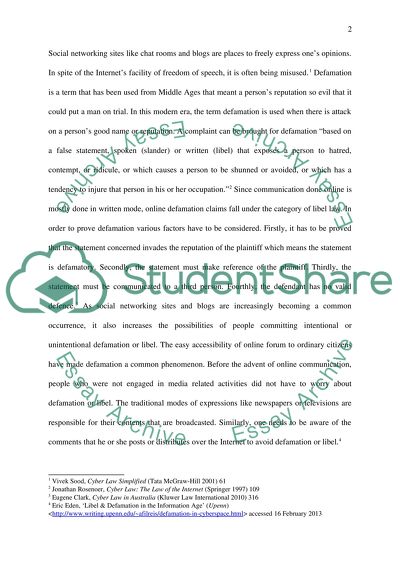Cite this document
(“CYBER LAW Essay Example | Topics and Well Written Essays - 1750 words”, n.d.)
Retrieved from https://studentshare.org/law/1468171-cyber-law
Retrieved from https://studentshare.org/law/1468171-cyber-law
(CYBER LAW Essay Example | Topics and Well Written Essays - 1750 Words)
https://studentshare.org/law/1468171-cyber-law.
https://studentshare.org/law/1468171-cyber-law.
“CYBER LAW Essay Example | Topics and Well Written Essays - 1750 Words”, n.d. https://studentshare.org/law/1468171-cyber-law.


